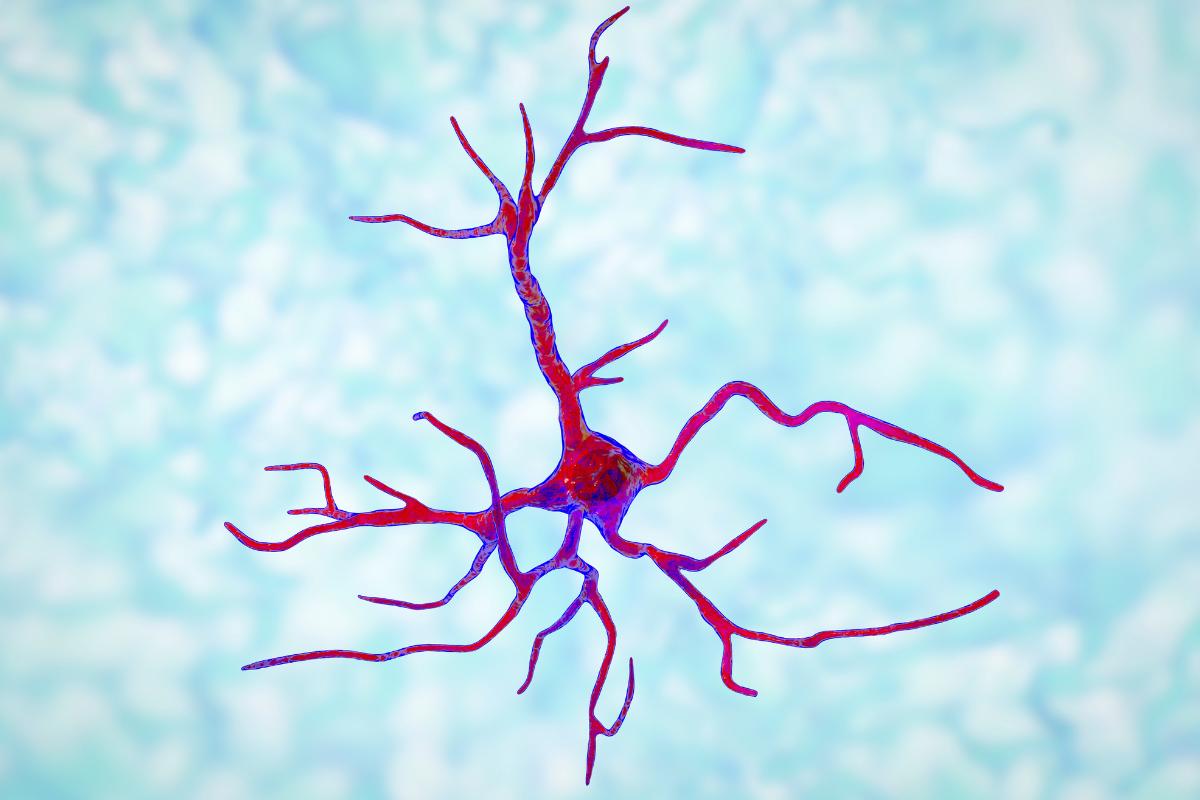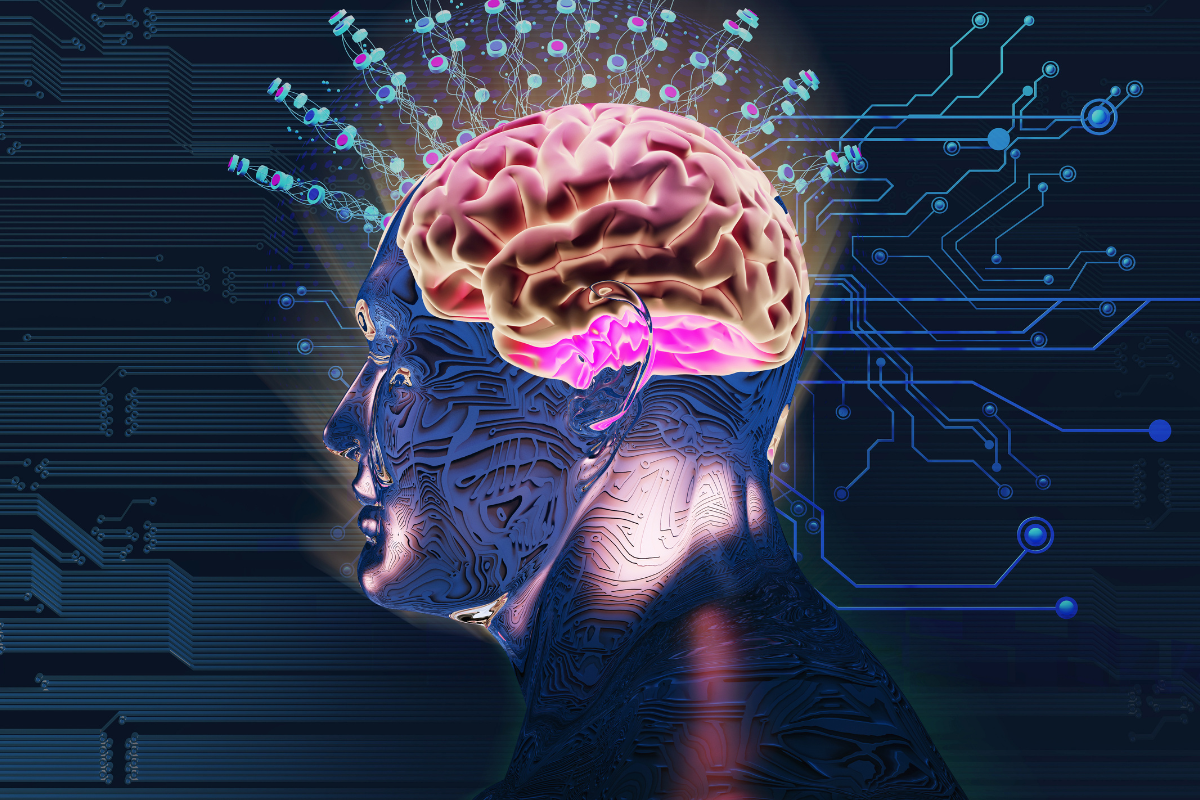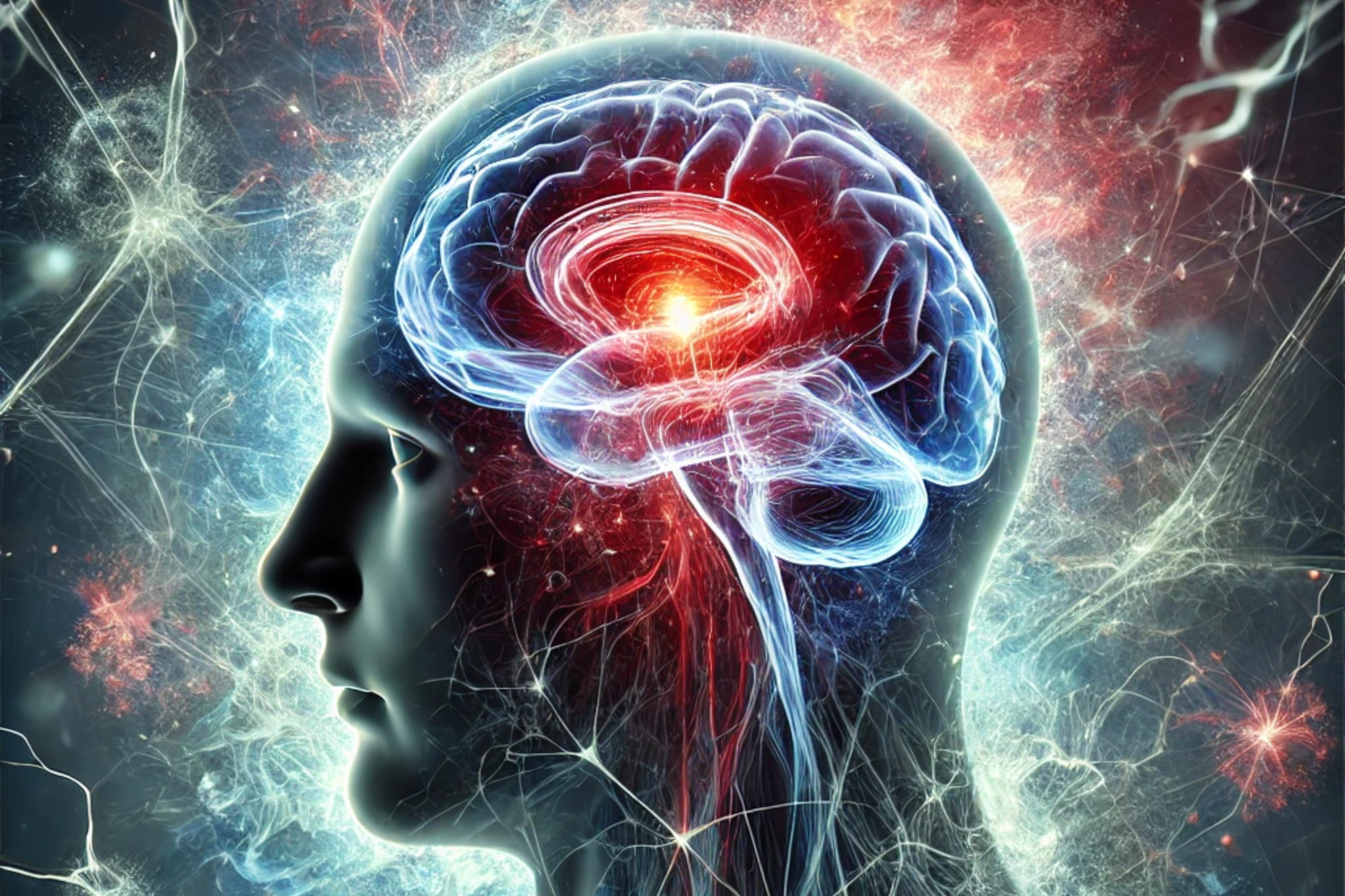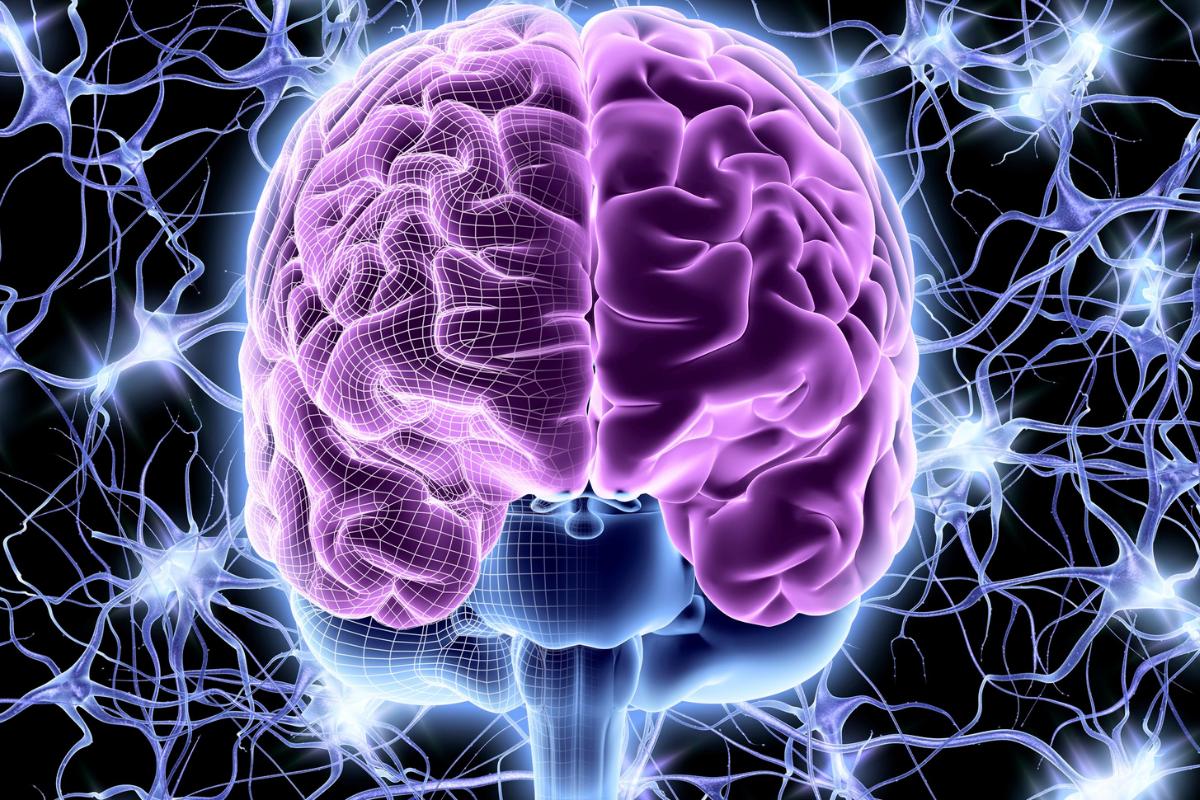By Dr. Petrus Raulino
What is schizophrenia
Schizophrenia is a mental disorder that causes distortions in thinking and perception. It has a biological basis not very well understood, but scientific evidence points to neurochemical and genetic factors in its genesis.
The diagnosis of schizophrenia is made through anamnesis (clinical history), mental examination and complementary tests (to exclude other diagnoses). That's why it's essential to remember: if in doubt, consult your doctor.
Neuroinflammation and schizophrenia
There is a lot of research into the biology of schizophrenia. In recent years, much research has demonstrated a dysfunction in the production of pro-inflammatory proteins related to the disorder. There is a growing body of scientific evidence suggesting that there is a neuroinflammatory process associated with schizophrenia.
A neuroinflammation is characterized by altered activity of brain cells (astrocytes and microglial cells) that produce pro-inflammatory substances and, consequently, impair the proper functioning of neurons, facilitating the occurrence of symptoms of the disease.
Recently, another intriguing finding has come to light that draws attention to possible alterations in immune and inflammatory functioning in patients with schizophrenia. This time, the hypothesis considers not only neuroinflammation, but also alterations in the body's immune system as a whole.
A study published in Jama Psychiatry led by researchers from the NYU Grossman School of Medicine showed that people with schizophrenia are 2.7 times more likely to die as a result of COVID-19 than those without the disorder.
By way of comparison, patients aged between 45 and 54 had a 3.9 times greater risk of death from COVID-19 than younger patients (and this risk doubled every 10 years after the age of 54), regardless of mental disorder.
Patients with heart failure or diabetes had a 1.65 times and 1.28 times greater risk of dying from COVID-19, respectively.
Risk-adjusted model for 45-day fatality with recent psychiatric diagnosis
The table below shows the survey data with odds ratios (OR). The OD is an estimate of the relative risk.
| Variable | OR (IC 95%) |
| Age | |
| 18-44 | 1 [Reference] |
| ?75 | 35,70 (22,73-56,07) |
| 65-74 | 16,60 (10,53-26,17) |
| 55-64 | 7,75 (4,91-12,24) |
| 45-54 | 3,90 (2,39- 6,38) |
| Schizophrenia spectrum disorder | 2,67 (1,26-5,69) |
| Male | 1,74 (1,46-2,06) |
| Heart failure | 1,65 (1,27-2,14) |
| Other race vs white race | 1,49 (1,21-1,85) |
| Hypertension | 1,43 (1,15-1,77) |
| White race vs black race | 1,35 (1,05-1,75) |
| Never smoker vs. current smoker | 1,31 (0,84-2,04) |
| Asian race vs white race | 1,29 (0,94-1,78) |
| Diabetes | 1,28 (1,07-1,53) |
| Diagnosis of mood disorder | 1,27 (0,94-1,73) |
| Chronic kidney disease | 1,21 (0,96 -1,53) |
| Diagnosis of anxiety disorder | 1,21 (0,77-1,90) |
| Never smoker vs ex-smoker | 1,02 (0,84-1,25) |
| Cancer | 1,01 (0,83-1,21) |
| Myocardial infarction | 1,01 (0,81-1,24) |
| Mixed race vs white race | 1,01 (0,56-1,83) |
| Obstructive pulmonary disease | 0,97 (0,80-1,18) |
Source: Nemani et al. (2021)
The results of the surveys
The higher risk of mortality from schizophrenia, the researchers pointed out, could not be explained by other factors often associated with schizophrenia. mental disorders such as higher rates of heart disease, diabetes or smoking.
The researchers considered that delays in seeking treatment or reduced access were also not reasons for higher mortality rates in the sample of patients with schizophrenia involved in the research.
The results suggested that there may be something about the biology of schizophrenia that is making those who have it more vulnerable to COVID-19.
The researchers consider that a plausible explanation is a possible alteration of the immune system linked to genetic or acquired risk factors associated with schizophrenia.
The authors of the study were only able to determine the risk for patients with schizophrenia who had access to tests and medical care. More research is needed to clarify how harmful COVID-19 can be for patients with schizophrenia without treatment or health care.
References
1. World Health Organization (1994). ICD-10: International Statistical Classification of Diseases. Edusp.
2. American Psychiatric Association (2014). DSM-5: Diagnostic and Statistical Manual of Mental Disorders. Artmed Publishing.
3. Horváth, S., & Mirnics, K. (2014). Immune system disturbances in schizophrenia. Biological psychiatry, 75(4), 316-323.
4. Barron, H., Hafizi, S., Andreazza, A. C., & Mizrahi, R. (2017). Neuroinflammation and oxidative stress in psychosis and psychosis risk. International journal of molecular sciences, 18(3), 651.
5. Van Kesteren, C. F. M. G., Gremmels, H., De Witte, L. D., Hol, E. M., Van Gool, A. R., Falkai, P. G., ... & Sommer, I. E. C. (2017). Immune involvement in the pathogenesis of schizophrenia: a meta-analysis on postmortem brain studies. Translational psychiatry, 7(3), e1075-e1075.
6. Ottoy, J., De Picker, L., Verhaeghe, J., Deleye, S., Kosten, L., Sabbe, B., ... & Staelens, S. (2018). 18F-PBR111 PET imaging in healthy controls and schizophrenia: Test-retest reproducibility and quantification of neuroinflammation. Journal of Nuclear Medicine, 59(8), 1267-1274.
7. López-González, I., Pinacho, R., Vila, È., Escanilla, A., Ferrer, I., & Ramos, B. (2019). Neuroinflammation in the dorsolateral prefrontal cortex in elderly chronic schizophrenia. European Neuropsychopharmacology, 29(3), 384-396.
8. Marques, T. R., Ashok, A. H., Pillinger, T., Veronese, M., Turkheimer, F. E., Dazzan, P., ... & Howes, O. D. (2019). Neuroinflammation in schizophrenia: meta-analysis of in vivo microglial imaging studies. Psychological medicine, 49(13), 2186-2196.
9. Trovão, N., Prata, J., VonDoellinger, O., Santos, S., Barbosa, M., & Coelho, R. (2019). Peripheral Biomarkers for First-Episode Psychosis-Opportunities from the Neuroinflammatory Hypothesis of Schizophrenia. Psychiatry investigation, 16(3), 177.
10. Tarasov, V. V., Svistunov, A. A., Chubarev, V. N., Sologova, S. S., Mukhortova, P., Levushkin, D., ... & Aliev, G. (2020). Alterations of astrocytes in the context of schizophrenic dementia. Frontiers in pharmacology, 10, 1612.
11. Nemani, K., Li, C., Olfson, M., Blessing, E. M., Razavian, N., Chen, J., ... & Goff, D. C. (2021). Association of Psychiatric Disorders With Mortality Among Patients With COVID-19. JAMA psychiatry.







